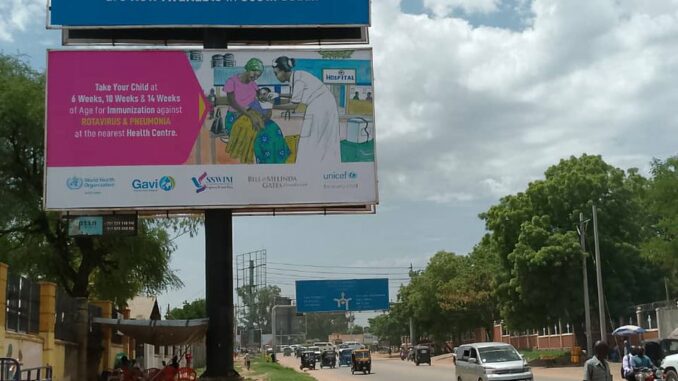
In a landmark advancement for public health infrastructure, South Sudan has formally integrated two vital childhood vaccines into its national immunization program, aimed at curbing pneumonia and severe diarrhea — two of the leading causes of under-five mortality in the country.
The pneumococcal conjugate vaccine (PCV) and the rotavirus vaccine were launched on Tuesday, May 27, in partnership with United Nations Agencies, notably the World Health Organization (WHO) and UNICEF.
Health officials say the dual rollout represents not merely a medical intervention, but a structural leap in safeguarding vulnerable populations and strengthening the country’s capacity to deliver essential health services.
Anin Ngot Ngot Mou, undersecretary at the Ministry of Health, hailed the initiative as a transformative milestone in the nation’s battle against childhood disease. “This moment marks a bold step towards securing the future of our youngest citizens,” she remarked during the launch event in Juba. The two vaccines are being folded into the Expanded Program on Immunization (EPI), a WHO-led framework established in 1974. As part of the implementation, health workers across the country are undergoing intensive training, and public sensitization campaigns are being deployed to increase acceptance and coverage, especially in rural and underserved communities.
Obia Achieng, deputy representative of UNICEF in South Sudan, underlined the operational scale of the campaign, which spans all ten states and three administrative zones, prioritising children in hard-to-reach and conflict-prone areas. While progress is evident, challenges persist: around 40% of South Sudanese children remain beyond a five-km radius from the nearest health facility, exacerbated by widespread displacement.
